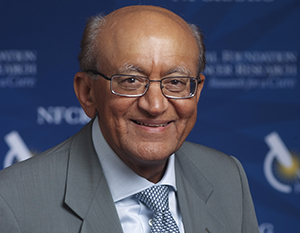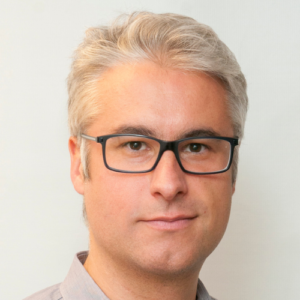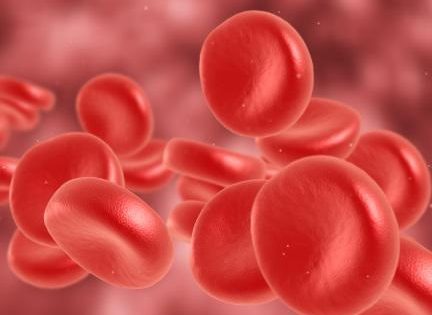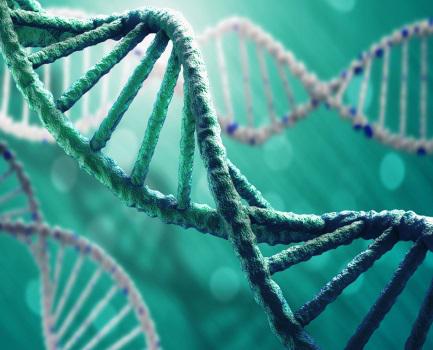Credentials
Massachusetts General Hospital
Boston, MA
Andrew Werk Cook Professor of Tumor Biology, Harvard Medical School
Director of the Edwin L. Steele Laboratory for Tumor Biology, Massachusetts General Hospital
Research Projects
Dr. Jain is a renowned world expert in understanding how changes in the microenvironment that surrounds tumors effect the immune system, drug delivery, treatment efficacy and patient survival. Dr. Jain discovered the theory that an imbalance of vessel growth in tumors resulted in leaky blood vessels that caused edema, lack of oxygen and immunosuppression.
Dr. Jain’s current NFCR-supported research focuses on improving the immunotherapy, CAR-T cell therapy, for GBM patients. CAR-T cell therapy targets tumor cells with engineered T cells and has shown dramatic efficacy in blood cancers. However, the effects of CAR-T cell therapy in GBM is limited, presumably due to the limited infiltration and function of CAR-T cells within the GBM tumor microenvironment (TME), which is highly immunosuppressive. GBM patients are in dire need of an effective treatment.
Dr. Jain’s preliminary data shows that losartan—a widely prescribed, safe and inexpensive anti-hypertensive drug—can reduce inherent immunosuppression in GBM TME. He continues to determine if losartan treatment can reduce CAR-T cell-induced immunosuppression and improve the therapeutic efficacy of CAR-T cells in GBM. He is collaborating with his colleague at MGH, Dr. Mario Suva, an expert pathologist who is conducting single-cell genomic techniques to identify the cell-specific role of losartan in CAR-T cell-induced immunosuppression.
IMPACT
This research will provide unprecedented insights into the abnormal tumor vasculature and immunosuppressive TME of GBM in mediating resistance to CAR-T cell therapy. If proven efficacious, these results will directly inform the design of clinical trial(s) testing this novel combination to achieve durable anti-tumor responses in GBM.
The project will have a significant impact for GBM patients, who have very limited options and where all previously tested treatment modalities, have failed so far.
Background
Rakesh Jain, Ph.D., moved from his home in India to the United States in 1972 after receiving a Bachelor of Technology in Chemical Engineering from the Indian Institute of Technology. He then attended the University of Delaware, where he completed a M.S. and Ph.D. in chemical engineering. Dr. Jain served on the faculty of Columbia University for two years and spent 14 years at Carnegie Mellon University. Since 1991, Dr. Jain has been the Andrew Werk Cook Professor of Tumor Biology and the Director of the Edwin L. Steele Laboratory for Tumor Biology at Massachusetts General Hospital.
In addition to his support from NFCR since 2014, Dr. Jain is a recipient of numerous awards. He has the rare distinction of being an elected member of the National Academy of Sciences, the National Academy of Engineering and the National Academy of Medicine, as well as the National Academy of Inventors. He is also a Fellow of the American Association for Cancer Research (AACR) Academy. He received the 2013 US National Medal of Science (for biological sciences) from President Obama “For pioneering research at the interface of engineering and oncology, including tumor microenvironment, drug delivery, and imaging; and for discovering ground-breaking principles guiding the development and novel use of drugs for cancer and non-cancerous diseases.”
Dr. Jain has mentored more than 225 doctoral and postdoctoral fellows in more than a dozen disciplines. He has also collaborated with hundreds of basic scientists in fundamental research and physicians across multiple specialties. His partnerships have resulted in more than 750 publications.

Our approach emphasizes a collaborative, team environment to accelerate new breakthroughs.
















